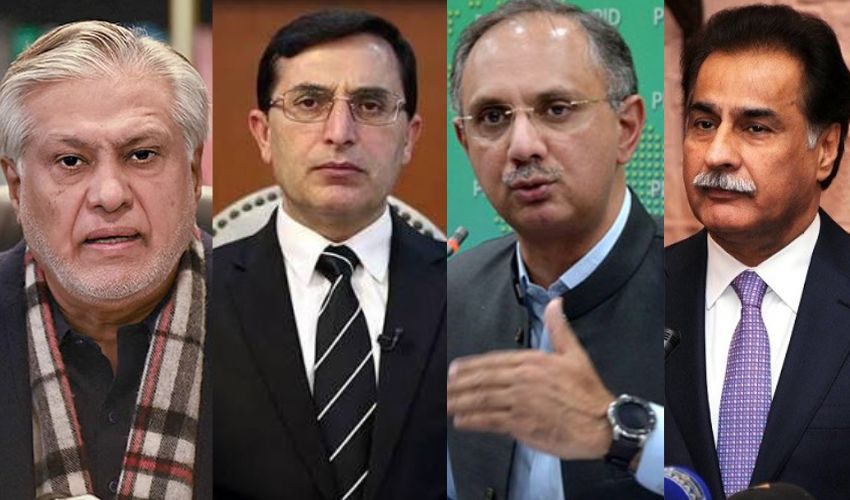Rebels launched a lightning advance through Syria on Saturday, with reports suggesting they were closing in on Damascus.
However, the Syrian government rejected claims that its forces had pulled back from the capital's outskirts. Rebel commander Hassan Abdel Ghani, from the Islamist-led alliance spearheading the offensive, announced that forces had entered the final phase of encircling Damascus.
Ahmed al-Sharaa, leader of the Hayat Tahrir al-Sham (HTS), encouraged fighters to prepare for an assault on the seat of President Bashar al-Assad's government.
Despite these claims, Syria's Ministry of Defence issued a statement affirming that government forces remained in all areas surrounding Damascus, rejecting reports of a retreat. The government has not allowed independent verification of these claims.
In the Damascus suburbs, protesters toppled a statue of Hafez al-Assad, the late president, with similar actions observed in Daraa and Hama. In Hama, residents set fire to a large portrait of President Assad, with one local calling the rebel entry "a great joy" after years of waiting since the start of the civil war in 2011.
Syria’s presidency dismissed reports suggesting that Assad had fled Damascus, stating that he continued to perform his duties from the capital.
As the rebels advanced, Syrian government forces appeared to retreat from several southern provinces, including Daraa, the birthplace of the 2011 uprising.
The Syrian Observatory for Human Rights confirmed that government forces had ceded significant ground, including Daraa province.
Rebels reportedly advanced within 20 km of Damascus, while government forces repositioned their forces in key areas.
In Hama and Daraa, local fighters assumed control of civil institutions and vital infrastructure, while in Sweida, fighters worked to secure facilities following the withdrawal of government forces.
International concerns about the worsening situation grew, with Jordan and both the US and Russia urging their citizens to leave Syria.
HTS, which has ties to Al-Qaeda, has attempted to present itself as a more moderate force. It reassured minorities in areas under its control, claiming that sectarianism and tyranny had ended.
Since the start of the offensive, at least 826 people, including 111 civilians, have died, with the UN estimating 370,000 people have been displaced.
US Secretary of State Antony Blinken called for a political resolution, while discussions continued in Qatar between Iranian, Russian, and Turkish officials.



























